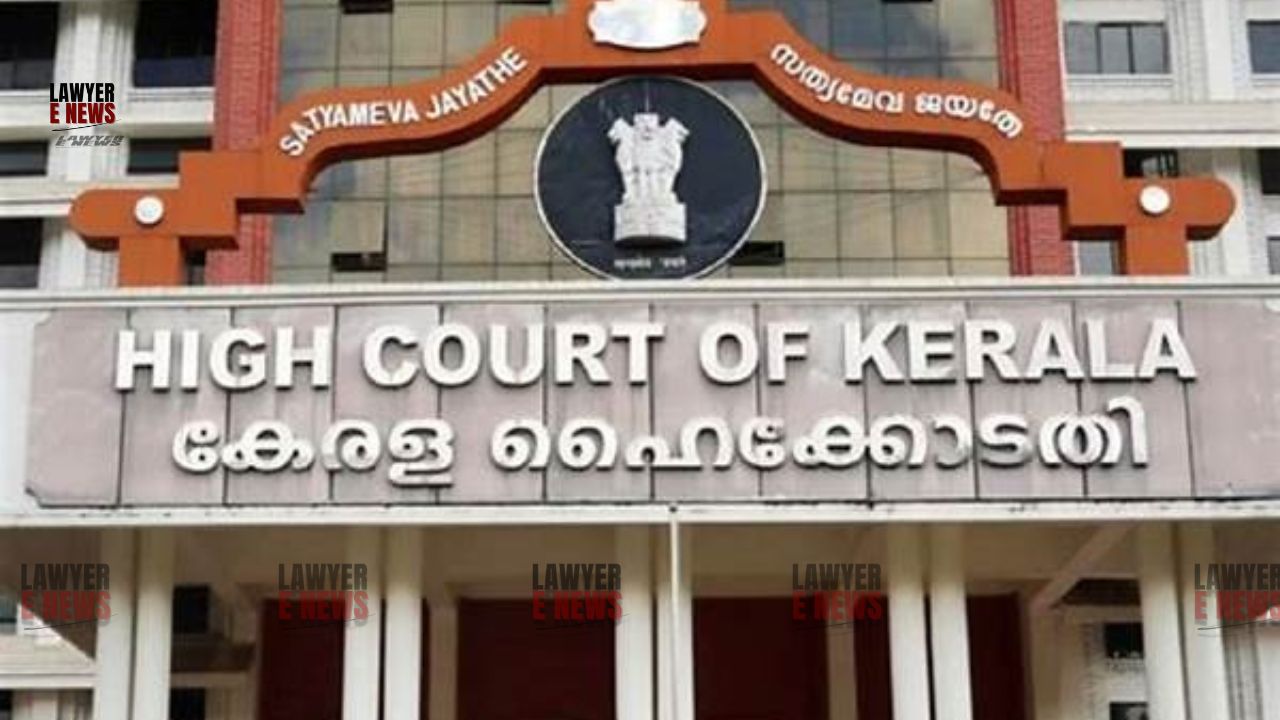-
by Admin
15 February 2026 5:35 AM



Kerala High Court, presided over by Justice Gopinath P., delivered a notable judgment, dismissed the petitioner’s claim that he was no longer liable for luxury tax under the Kerala Building Tax Act, 1975, after transferring part of his residential building to his wife. The judgment reinforced the legal distinction between tax planning and tax evasion, ruling that artificial transactions designed to evade tax liability would not be given judicial approval.
The petitioner, Kottila Veetil Krishnakumar, had constructed a two-story residential building with a total area of 315.08 sq.m., which was assessed for luxury tax under Section 5A of the Kerala Building Tax Act, 1975. In 2018, he transferred the first floor of the building to his wife via a registered settlement deed, which reduced the portion under his ownership to 162.30 sq.m.—below the threshold for luxury tax.
Krishnakumar argued that the transfer exempted him from luxury tax obligations, as he no longer owned a building exceeding the taxable area. He sought a refund for the luxury tax paid after the transfer and a declaration exempting him from future liability.
Distinction Between Tax Planning and Tax Evasion: The High Court emphasized that while tax planning within the law is permissible, tax evasion through artificial transfers is not. The judgment cited the concurring opinion of Justice Chinnappa Reddy in M/s McDowell and Company Limited v. Commercial Tax Officer (1985), which held:
"The proper way to construe a taxing statute... is to determine whether the transaction is a device to avoid tax, and whether the judicial process may accord its approval to it."
The Court noted that allowing such transfers would create a loophole enabling taxpayers to circumvent their obligations by simply transferring portions of property to close relatives.
Occupation and Benefit Derived: Justice Gopinath P. observed that despite the transfer, Krishnakumar continued to occupy and benefit from the entire building. This effective control invalidated his claim that the ownership transfer exempted him from tax liability.
Public Policy Considerations: The judgment underscored that tax evasion undermines state finances and increases the tax burden on compliant citizens. Citing Viscount Simon’s remarks in Latilla v. I.R. (25 TC 107), the Court stressed:
"Tax avoidance strategies, if successful, shift the burden to honest taxpayers and disrupt public revenue."
The High Court dismissed the writ petition, holding that the transfer of part of the building to the petitioner's spouse was a device for tax evasion rather than legitimate tax planning. The petitioner remained liable for the luxury tax as assessed.
Date of Decision: October 16, 2024
